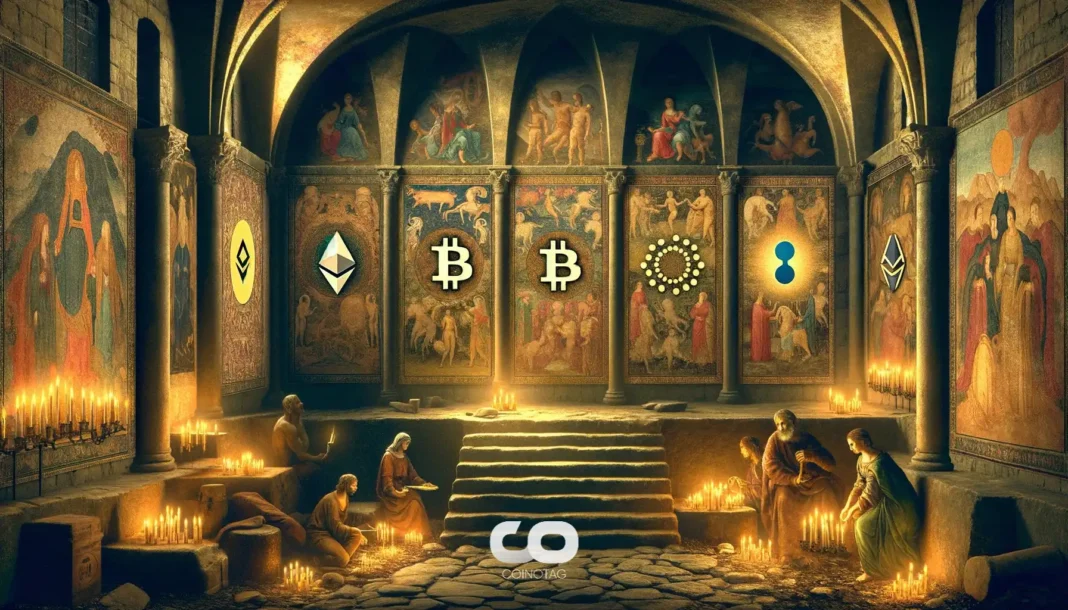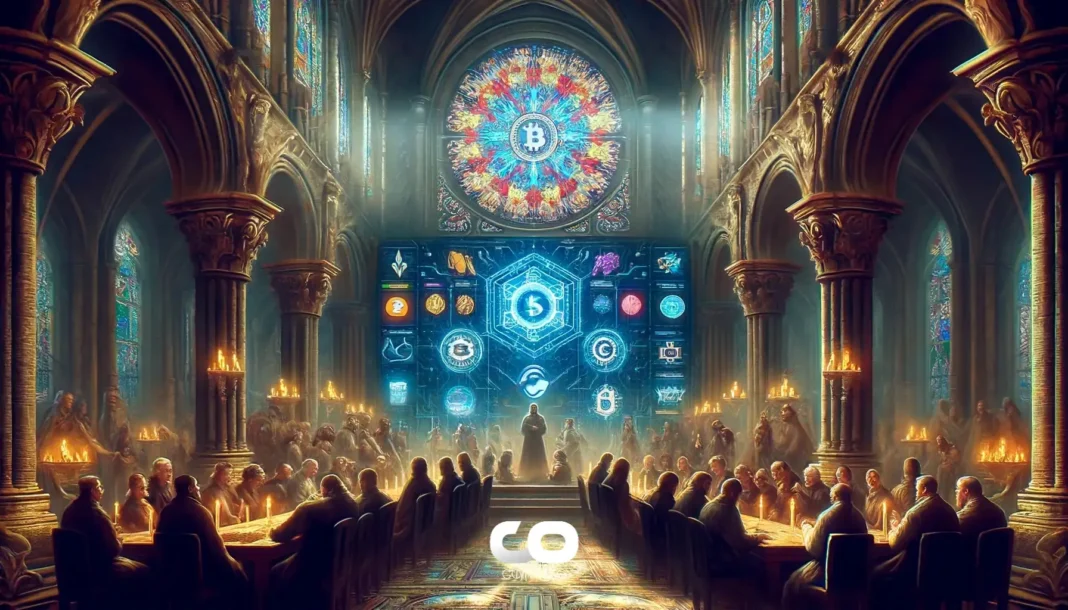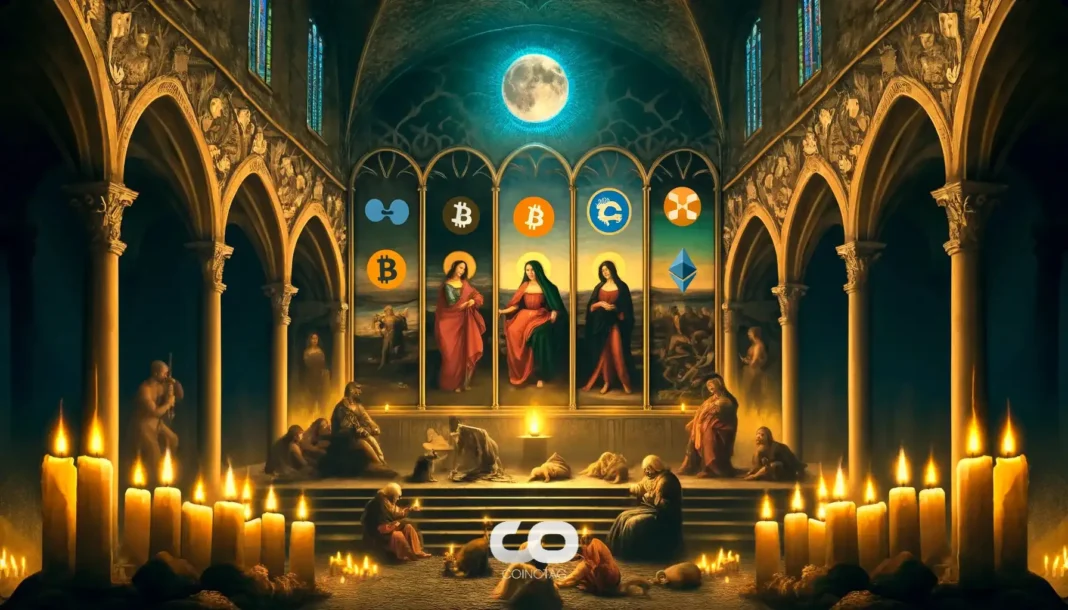Christodoulos Patsalides of the European Central Bank’s Governing Council told reporters that the eurozone is coping effectively with today’s geopolitical challenges.
In a Sunday interview with Politis, the Cypriot central bank chief commented, “The euro-zone economy appears resilient, despite difficulties internationally. Nevertheless, the environment remains uncertain, mainly due to trade tensions.”
However, he argued that the trade deal the EU and US agreed to would help ease some of that uncertainty.
Patsalides believes inflation will align with the ECB’s 2% target
According to Patsalides, global instability, rising trade tensions , and geopolitical risks have cultivated uncertainty and made analysts adopt more conservative forecasts. Nonetheless, he echoed, the consensus among policymakers is that inflation will remain consistent with predictions and should align with the ECB’s 2% target over time.
The ECB paused its streak of eight consecutive rate cuts by leaving interest rates unchanged last month. According to reports, the council still wants to maintain rates steady, with those pushing for an additional cut meeting significant pushback.
Patsalides, however, maintained that calling the move a pause would be “premature,” underscoring the ECB’s commitment to a data-driven approach for future decisions. He explained to the Nicosia-based newspaper that monetary policy decisions are made on a meeting-by-meeting basis, guided by the latest data. He noted that the continued global and eurozone uncertainty makes this approach essential.
However, ECB Governing Council member Peter Kazimir has even warned against lowering rates in September unless compelling data indicates a major economic condition slump. He also noted that committing to a predetermined rate path would be ill-advised, especially given current economic volatility.
Other ECB members shared a similarly cautious outlook. Latvia’s Kazaks supported the view that further rate reductions aren’t needed at this stage. Villeroy de Galhau from France cautioned that keeping all policy options on the table is essential.
Kazimir also argued that while recent stability in headline inflation is good, it’s not enough to let policymakers lower their guard. He warned that inflationary pressures could reemerge, especially if supply chain disruptions return.
He also acknowledged the EU-US agreement as encouraging but warned that it doesn’t mean the eurozone economy is in the clear.
So far, for the second quarter, the eurozone economy has grown 0.1%, by 0.2% in the EU, compared with the previous quarter.
Gabriel Makhlouf says the ECB should ‘wait and see’ before implementing rate cuts
Meanwhile, in an interview with the Business Post on Sunday, Irish central bank chief Gabriel Makhlouf said interest rates are now high enough for the ECB to adopt a “wait-and-see” stance on upcoming policy moves.
In another interview, he argued that inflation in the region is stabilizing and that economic growth was tracking expectations, justifying his “wait-and-see” approach to future policy decisions. President Christine Lagarde gave a similar view, saying that policymakers are in a good position to wait-and-see, without offering guidance on future steps.
Nonetheless, he refrained from commenting further on the trade deal between the EU and the US, stating that the limited information available on Sunday’s 15% deal made it difficult to provide a well-informed analysis. However, he warned that the new US tariffs on EU goods would hinder growth compared to six months ago, even if the move might bring some clarity.
KEY Difference Wire : the secret tool crypto projects use to get guaranteed media coverage



